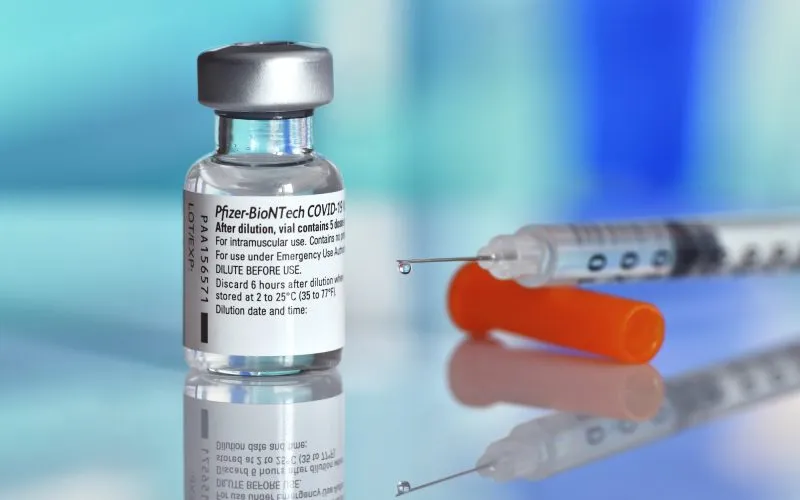by Arjun Walia, The Pulse:
 In addition to spike protein, Pfizer’s mRNA vaccine can instruct cells to produce other ‘off-target’ proteins, which are foreign to the immune system.
In addition to spike protein, Pfizer’s mRNA vaccine can instruct cells to produce other ‘off-target’ proteins, which are foreign to the immune system.
Since the rollout of mRNA COVID-19 vaccines, experts and academics from around the world have been raising numerous short-term and long-term safety concerns. One of these deals with the spike protein that the human cell is instructed to generate as a result of the shot, and how it differs from the spike protein that’s generated from a natural infection.
TRUTH LIVES on at https://sgtreport.tv/
A “pseudouridine” molecule has been added to the mRNA to give it a longer half-life than normal mRNA. Therefore, the production of spike protein within the cell, of those who have been vaccinated, is not being turned off. The implications of this are not well understood, and it is unknown for how long spike protein production continues within the cell.
This is concerning because multiple studies have shown that the vaccine induced spike protein can leak outside of the cell and enter into the blood- stream. This is one possible mechanism of action in which vaccine injuries are occurring.
Hindsight is always interesting. Writing about this I think back to an article published in the British Medical Journal by one of their senior editors, Dr. Peter Doshi. In it, he raised concerns about the bio-distribution of the vaccine. Bio-distribution refers to the examination and study of where the vaccine and its ingredients go once injected into the body. This article was published in May 2021.
“Pfizer and Moderna did not respond to The BMJ’s questions regarding why no biodistribution studies were conducted on their novel mRNA products, and none of the companies, nor the FDA, would say whether new biodistribution studies will be required prior to licensure.”
But studies quickly emerged. A May 2021 study was published showing that spike protein could be detected in the blood of 11 of the 13 participants following vaccination with the Moderna mRNA vaccine.
A study by Röltgen et al. published in early 2022 found that the vaccine mRNA can persist in the body for up to 60 days, with 60 days being the end point of their study. It would be interesting to see a study up to one year post-vaccination, but even 60 days is concerning.
A March 2022 study published in the journal Cell, showed that vaccine-derived spike protein and mRNA persist for up to two months in the germinal centres of lymph nodes.
During an autopsy of a vaccinated person who had died after mRNA vaccination, it was found that the vaccine disperses rapidly from the injection site and can be found in nearly all parts of the body. These findings were published in June 2021 in the International Journal of Infectious Diseases.
Pharmacokinetics data provided by Pfizer to the European Medicines Agency (EMA) also showed that the contents of the vaccine did not stay at the injection site, and that one major site of distribution was the liver. As a result, the animals that received the Pfizer injection experienced adverse effects. The vaccine contents are distributed by what are called Lipid Nanoparticles (LNP), and it has been shown that empty LNP without mRNA does not result in any significant liver injury.
In a study published on January 3, 2023, in the journal Circulation, the authors describe how “free spike antigen” was “detected in blood of adolescents & young adults who developed post-mRNA vaccine myocarditis, advancing insight into the potential underlying cause” of vaccine induced myocarditis.
The researchers collected blood from 16 patients who were hospitalized at Massachusetts General for Children or Boston Children’s Hospital for myocarditis shortly after COVID-19 vaccination. The collection was done from January 2021 through February 2022, and their results were compared with those of 45 healthy, asymptomatic, age-matched vaccinated control subjects.



